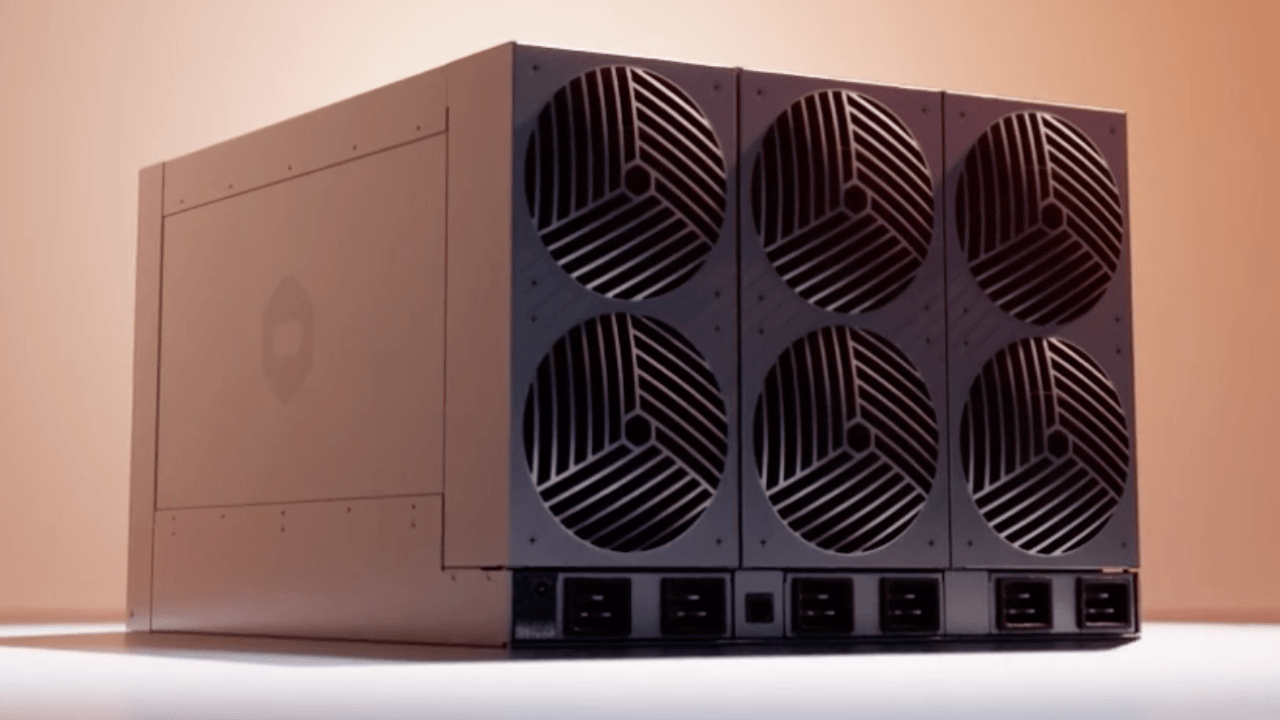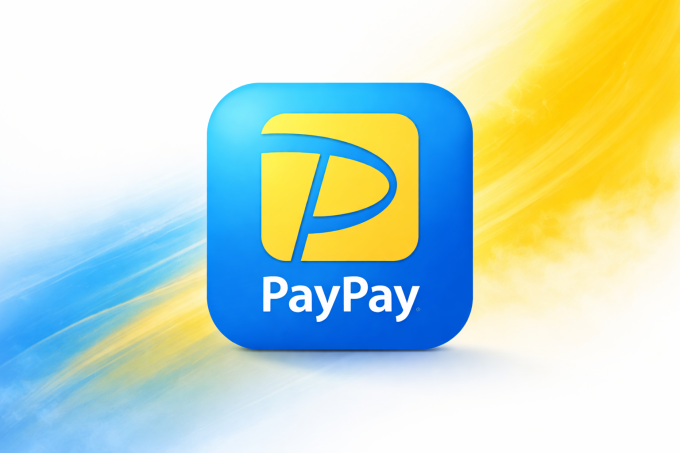Jack Dorsey’s Block Inc. has officially launched the Proto Rig, a modular Bitcoin mining machine designed to upend the dominance of Bitmain, which currently holds over 80% of the global hardware market. The unveiling, hosted at Core Scientific’s facilities, represents the most significant hardware innovation in mining since Bitmain’s S1 ASIC rig more than a decade ago.
Unlike traditional rigs that focus primarily on chip performance, the Proto Rig emphasizes modularity, repairability, and operational efficiency — qualities often overlooked in mining hardware design. The launch signals Block’s ambition to make Bitcoin mining more resilient, decentralized, and accessible to a broader set of operators.
Shifting Focus Beyond Efficiency
Bitmain and its rivals such as MicroBT have long competed on raw chip efficiency, with top models operating near 14 joules per terahash. Block’s Proto Rig meets that bar, but its innovation lies elsewhere: a chassis that supports quick part swaps, modular power units, liquid-cooling compatibility, and a compact form factor that delivers up to 810 TH/s per unit.
Perry Hothi, Block’s blockchain solutions architect, told The Mining Pod that the company sought to redefine the competitive landscape:
“When people hear competitive, they automatically think efficient. I always say it’s profitable. If it’s not running, efficiency doesn’t matter.”
The emphasis on uptime and maintainability echoes practices from the data center industry, which has decades of experience designing scalable, serviceable infrastructure. Industry observers have noted that mining rigs, despite powering a trillion-dollar asset, have lagged behind enterprise hardware standards.
Strategic Manufacturing and Geopolitics
A notable dimension of Block’s initiative is its commitment to U.S.-based manufacturing. While ASIC chips remain sourced from Taiwan, Block executives have suggested that domestic production could eventually extend to chips and critical components, reducing supply chain vulnerabilities.
This approach aligns with shifting global trade dynamics. With the U.S. imposing higher tariffs under the Trump administration, bringing mining hardware production closer to home could prove economically and strategically advantageous.
Erik Cativo, a Bitcoin product developer, praised the Proto Rig’s industrial design on X, noting it “reminds me of beautifully designed Swedish telecom hardware,” underscoring how Block is positioning the device as not only functional but also robustly engineered.
Mining Software and Protocol Innovation
Beyond hardware, Block has also announced Fleet, an open-source management suite designed to replace the fragmented tools miners currently rely on. Fleet promises streamlined dashboards, secure boot technology to mitigate supply chain attacks, and hints of AI integration for predictive maintenance and automated alerts.
Perhaps more consequential is Block’s decision to enable Stratum V2 by default. The protocol upgrade decentralizes block template construction, reducing risks of transaction censorship — a concern heightened by evidence that major mining pools replicate block templates from Antpool. By embedding Stratum V2 at the hardware level, Block could accelerate adoption of the new standard across the mining sector.
Market and Investor Implications
The unveiling comes as Bitcoin trades around $65,000 with network hashrate consistently setting record highs above 600 EH/s. Mining margins have tightened under higher difficulty levels, pressuring operators to seek hardware that reduces downtime and operating costs.
For institutional miners, the Proto Rig’s ability to condense three traditional units into the footprint of two could lower real estate expenses and increase revenue per square meter of warehouse space. For smaller miners, Jack Dorsey hinted at future iterations that may target home mining, though the current 12 kW system is geared toward industrial operations.
Investor sentiment suggests that while Bitmain’s scale and pricing power remain formidable, the entrance of a Western competitor with end-to-end vertical integration could mark the first serious attempt to diversify supply away from Asia.
Looking Ahead
Block’s Proto Rig represents more than just new hardware — it is a strategic bid to reshape Bitcoin mining infrastructure. By focusing on modularity, domestic production, and decentralized software standards, Block positions itself as both a technological and political counterweight to entrenched incumbents.
The next 12–18 months will reveal whether the Proto Rig can win significant adoption. Pricing details remain undisclosed, and large-scale miners will weigh its reliability against established suppliers. Still, with units already shipping and industry buzz mounting, Block has introduced a credible challenge to Bitmain’s long-standing dominance — one that could redefine the economics and decentralization of Bitcoin mining.
Comparison, examination, and analysis between investment houses
Leave your details, and an expert from our team will get back to you as soon as possible













https://shorturl.fm/XfYPi